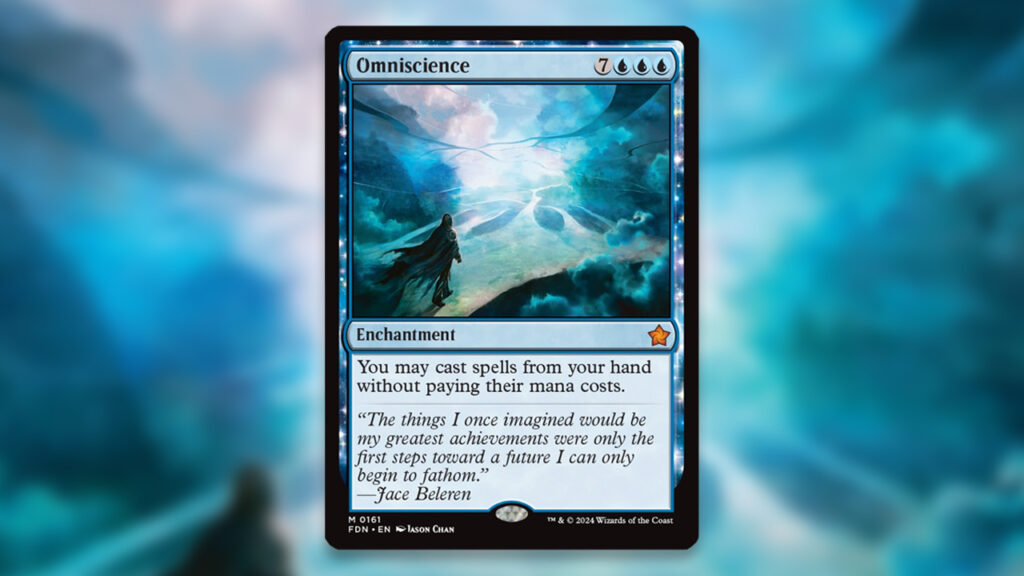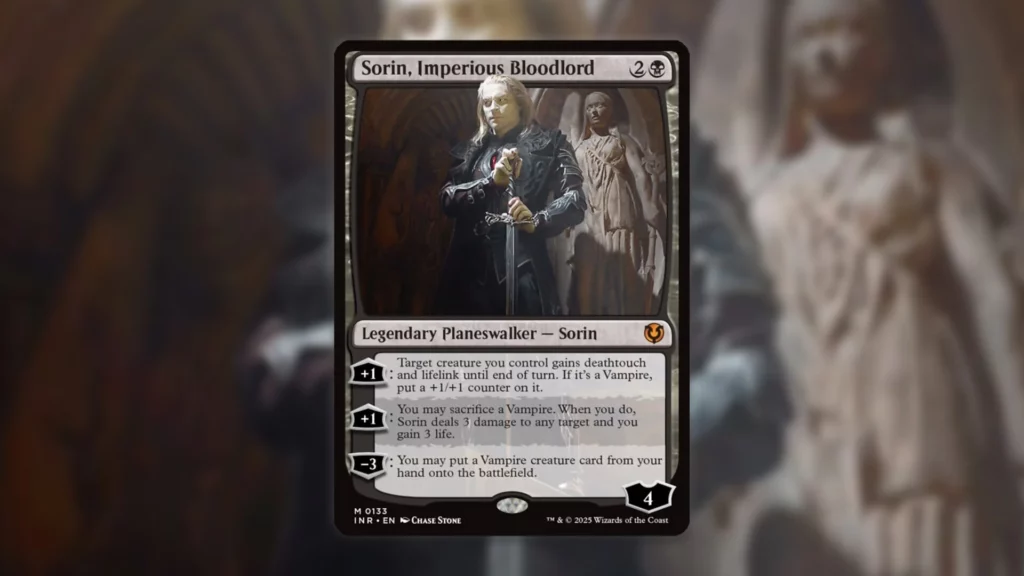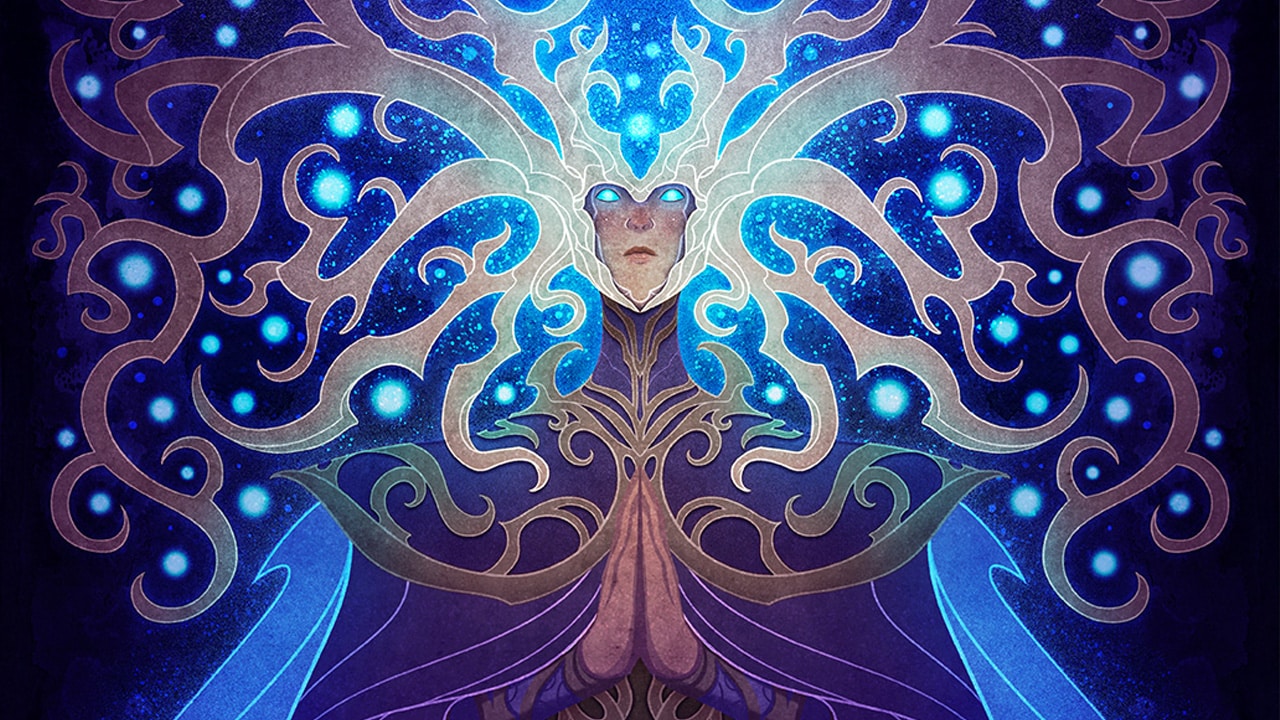To say that the latest MTG ban announcement was one-sided would be putting it lightly. Wizards banned seven cards in Standard and barely touched any other format. Unsurprisingly, this raised a lot of questions that, thankfully, Wizards of the Coast have now answered. In the latest WeeklyMTG livestream, Wizards answered a lot of burning questions, revealing quite a few interesting details.
Legacy

To start with the format that everyone is talking about, Legacy got a lot of attention during the WeeklyMTG livestream. Unsurprisingly, many MTG players wanted to know what Wizards was thinking, and Wizards didn’t disappoint. In the stream, Wizards gave concrete details about Oops All Spells’ play patterns, metagame share, and win rate.
For better or worse, none of these metrics is too high at the moment. This means that the deck isn’t deserving of bans right now, even if it is pretty unfun to play against. That being said, Wizards is watching it closely and will act if they need to. Notably, any new Legacy bans from Wizards are likely going to happen before the next planned announcement.
In the livestream, Wizards revealed that emergency, or rather unscheduled, bans are on the table for Legacy. This is partly because the need for bans may arise, and partly due to the timing of the next MTG bans. Officially, the next ban window is scheduled for November 24th, which is just three days before the start of the European Eternal Weekend.
For now, it’s unclear whether or not Wizards will ban anything in November, or sooner, but they’re definitely watching things closely. We talk about Legacy’s state in a lot more detail here.
Standard

While the recent Standard bans were definitely wide-reaching, Wizards didn’t completely reset the format’s metagame. Dimir Midrange, for instance, has quickly risen to the top spot, and the Omniscience combo is far from dead. This deck, in particular, seems to be getting new support in Edge of Eternities, according to the recent teaser.
Thankfully, these misses weren’t oblivious blunders on Wizards’ part, as they have plans around what they want to be playable. During the live stream, Wizards made it clear that they want combo decks to be a part of Standard. The caveat here is that they don’t want it to cause the format to warp and plan around it. Because of this, Omniscience was given a second chance. If it continues to be a problem, however, Omniscience is next on the chopping block.
On the topic of Dimir Midrange, Wizards of the Coast simply didn’t see it as a problematic force once all the other bans were removed, and decided not to touch it as a result. They do expect the deck to be a major metagame player until rotation occurs, however.
From a win-rate perspective, it seemed clear to us that Dimir Midrange was only being held in check by Izzet Prowess and Mono-Red Aggro, both of which saw extensive bans. The deck now only has very strong matchups remaining, in theory, at least. While we’re worried about potential Dimir dominance, it’s impossible to know what will happen in the future.
Notably, while Standard’s metagame is in a state of flux, Wizards is watching Stock Up as a potential problem card. In the livestream, Wizards stated that they weren’t convinced that the card’s high level of play wasn’t just because of Cori-Steel Cutter. As the meta stabilizes, Wizards should soon know what to do about this card.
Pioneer
Legacy and Standard received the most conversation during the ban stream, but a few other formats had lights shone on them, as well. Pioneer, for instance, got some notable airtime.
Some players are worried about the current state of Pioneer. Red is a dominant force in the format, looking very similar to the Standard deck that just saw multiple bans. There’s also some concern about Izzet Phoenix after adapting Cori-Steel Cutter. Both of these decks are within appropriate levels of playability at the moment, however, so no action was taken.
It was specifically mentioned, however, that Pioneer should be a place where players can continue to play with cards that have been banned in Standard, so there may be a little bias to keep cards that don’t see play in other formats legal here.
The issue with Pioneer is that the format is currently in the hands of grinders and enthusiasts. The best players in the world are focusing on formats that have big tournaments coming up, like Modern, Limited, and Standard. The state of Pioneer is fine at the moment, but if the format sees a competitive highlight, we could discover that Pioneer is actually incredibly unbalanced. It’s impossible to know that until Pioneer participates in a future RCQ season, or something similar.
Historic

Historic was also brought up during the stream, with Sorin, Imperious Bloodlord specifically getting a name drop. Sorin-Tell, as many call it, is the best deck in Historic, and has been for months. Many are calling for a ban on Sorin, Imperious Bloodlord in Historic. Sadly, no members of the MTG Arena team were present to explain this situation in detail. As such, we’ll just have to hope for more information and changes in the future.
Larger Implications
For many players, some overarching points about the future of MTG formats and their relationship with bans might be the most important information shared from the entire stream. These have implications for not just the future of more casual MTG formats, but the entire banning system as a whole.
Firstly, scheduled bannings will never go away. This may seem like a net negative for many players, but scheduled bans are a better alternative to unscheduled announcements. Until recently, we were in this wild west scenario, and the amount of uncertainty that untimed bans brought wreaked absolute havoc.
If anything, the most appropriate move might be to have smaller windows between scheduled ban announcements. This would prevent problematic metagame patterns, like Cori-Steel Cutter, Underworld Breach, or Nadu, Winged Wisdom, from wreaking as much havoc before departing for good. Even though the five-month ban window we’re currently getting is extremely large by every metric, Underworld Breach and Nadu still became a problem in smaller ban windows. The windows likely need to be monthly events to avoid things like this from becoming an issue.
It was also announced that format panels for formats that don’t receive as much direct competitive support, like Legacy, are very unlikely to occur. Despite Pauper being an outlier, it was stated that Wizards of the Coast would rather “keep things in house” when it comes to ban decisions. Considering how controversial the decisions made for Legacy were, this may not have been received with the most enthusiasm from the community.


